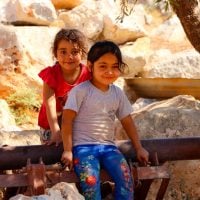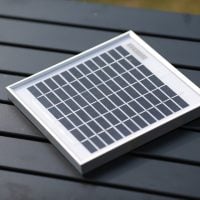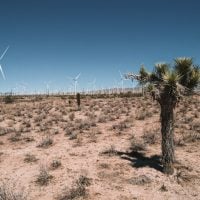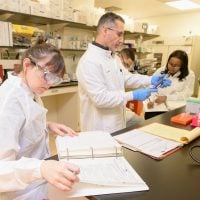Deadline: 27-Mar-23
The Regional Arts Development Fund (RADF) is a Queensland Government partnership, through Arts Queensland and TRC is now accepting applications to support local arts and culture.
It enables professional and emerging artists and arts practitioners living in regional Queensland to receive support for a wide range of arts and cultural projects.
Purpose
The Regional Arts Development Fund (RADF) is a partnership between the Queensland Government through Arts Queensland and eligible local councils across the state.
- RADF promotes the role and value of arts, culture and heritage as key drivers of diverse and inclusive communities and strong regions.
- RADF invests in local arts and cultural priorities, as determined by local communities, across Queensland.
Objectives
RADF objectives are to support arts and cultural activities that:
- Provide public value for Queensland communities.
- Build local cultural capacity, cultural innovation and community pride.
- Deliver Queensland Government’s objectives for the community.
Funding Streams
- Small Grants
- Artists, arts workers and members of community organisations can request funding of up to $1000 for professional skills, career and capacity development to attend training, mentoring or conferences. Groups and organisations can also apply for funding of up to $1000 for small-scale community arts projects.
- Small grants applications must be submitted at least six weeks before the project start date. These grants are open all year (or until funds have been allocated).
- Major Grants
- Major grants are for projects requesting over $1000 in funding. There is a limit of $6000/project, unless there is a region-wide benefit. There are two funding rounds each year, closing in March and October.
What RADF Supports
- Up to a maximum of 65% of project costs.
- Arts, cultural and heritage projects that have a developmental focus.
- Development and delivery of diverse, exciting and accessible arts and cultural activities, projects and initiatives for, by and with local communities.
- Preservation of significant heritage items including stories, sites, and collections.
- Recruitment of specialist expertise to train, support, develop and/or produce arts and culture-driven outcomes.
- Initiatives in local communities e.g. increasing amenity, community pride and liveability of local areas through cultural tourism, public art, and place-making projects.
- Value-adding arts and culture into existing non-arts projects or events to grow new audiences and markets.
- Leveraging RADF investment to entice other funding partners to support more strategic arts and culture projects.
- Regional pooling of RADF investment towards regional initiatives or programs to deliver cross-regional arts and culture-led outcomes.
- Engagement of key target groups e.g. young people, First Nations Peoples and culturally and linguistically diverse communities, or programs targeting particular geographics.
- Up to 20% of framing or freight costs as part of presentation costs for significant exhibitions.
- Up to 20% of publishing costs when part of a significant project.
Eligibility Criteria
These categories of individuals and organisations can apply for a RADF grant:
- Individual professional artists, emerging professional artists, arts workers, cultural workers and project coordinators who:
- Are based in the TRC area or, if based outside the TRC area, are able to demonstrate how the project will directly benefit arts and culture in the TRC area
- Are permanent residents or Australian citizens
- Have an Australian Business Number (ABN) or will be auspiced by an incorporated organisation or individual with an ABN.
- Incorporated arts and cultural organisations based in the TRCarea, and unincorporated organisations, auspiced by an incorporated body, based in the TRC area. Organisations based outside the Council area must demonstrate how the project will directly benefit arts and culture in the TRC area.
An applicant who has not satisfactorily acquitted a previous RADF grant is excluded from applying until the previous grant is acquitted.
For more information, visit Tablelands Regional Council.









































